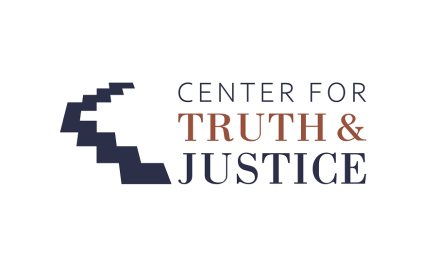Law-enforcement authorities have pointedly declined to say whether they are investigating Prime Minister Nikol Pashinyan’s claims that individuals recruited by foreign intelligence services are involved in ongoing antigovernment protests in Armenia.
No one is known to have been prosecuted on corresponding criminal charges so far.
Citing unpublicized “operational data,” Pashinyan alleged on May 7 that the protests sparked by his territorial concessions to Azerbaijan are actively supported by exiled Armenian criminals and foreign intelligence “agents.”
“We know about networks of agents active in Armenia,” he told a news conference.
Read also
When asked about evidence in support of the allegations, Pashinyan said: “There are cases where we know that a particular person is an agent, but there is a threshold of [compelling] evidence and a threshold of belief.” He did not elaborate.
Responding to questions from RFE/RL’s Armenian Service sent on May 8, Armenia’s Office of the Prosecutor-General on Thursday did not clarify whether any criminal investigations have been launched in connection with Pashinyan’s allegations.
In written answers, the office said only that law-enforcement agencies are investigating many suspected “cases of crimes against constitutional order and state security.” It did not say whether those include collaboration with or recruitment by foreign intelligence.
Pashinyan accused one of his political foes, former National Security Service (NSS) Director Artur Vanetsian, of such collaboration on May 7. In an apparent reference to Russia, he claimed that a foreign nation wiretapped and partly publicized in 2018 Vanetsian’s sensitive phone call with another senior Armenian law-enforcement official and then used the recording for turning the former NSS chief into its “agent of influence” in Armenia. Vanetsian, who left active politics in 2022, laughed off the claim.
Armenia’s Investigative Committee stopped a formal inquiry into the wiretapping scandal in 2021, citing a lack of evidence. The law-enforcement body said last week that the criminal case has not been reopened.
Pashinyan’s political allies also regularly brand Armenian opposition leaders and other government critics as a “fifth column” working for foreign states and Russia in particular. Archbishop Bagrat Galstanian of the Armenian Apostolic Church has likewise been accused by them of being a Russian spy since emerging last month as the top leader of the protests against Pashinyan’s land transfer to Azerbaijan.
Speaking to journalists earlier in May, Prosecutor-General Anna Vardapetyan described such allegations as mere “political statements” that do not warrant criminal proceedings.





















































